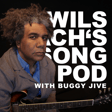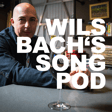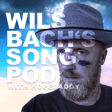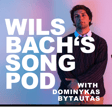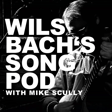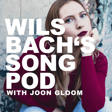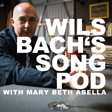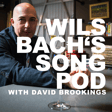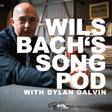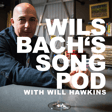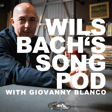
Holly Long
Holly Long is an actor turned singer songwriter from Los Angeles, CA by way of Evanston, IL who has released four albums since the early 2000s as a solo artist and three with her band “Bullyheart”. Her most recent release, 2023’s Land of the Living is a concept album filled with character studies around murder. Victims, detectives, mediums. That record came with a companion limited-series podcast of the same name and in this world of so many true crime podcasts I can’t believe it wasn’t huge.
She writes and records cinematic, moody pop and rock music that would be at home on the radio in any number of recent decades….and in fact has found its way into the soundtracks of a handful of television shows.
We have a far-reaching chat and end up talking more about creative process and just generally the path of developing oneself as an artist than we do about the specifics of her songs.
I fully enjoyed this conversation and if you like getting in the weeds of creative process, theatre, Shakespeare, chasing cool (or not) the weird videos we end up thumbing through on TikTok and Instagram and why it compels us to still take the Sunday paper; you’ll likely enjoy it too.
You can find Holly and Bullyheart at www.bullyheart.com and all her music and her limited series Podcast Land of the Living everywhere you stream.
Annika Bennett "Universe"
https://www.youtube.com/watch?v=aLLNS7ZcRGk
To support my work on this podcast and my musical journey, come join me on Patreon (there’s a free option if your’e cheap or broke): http://www.patreon.com/wilsbach
